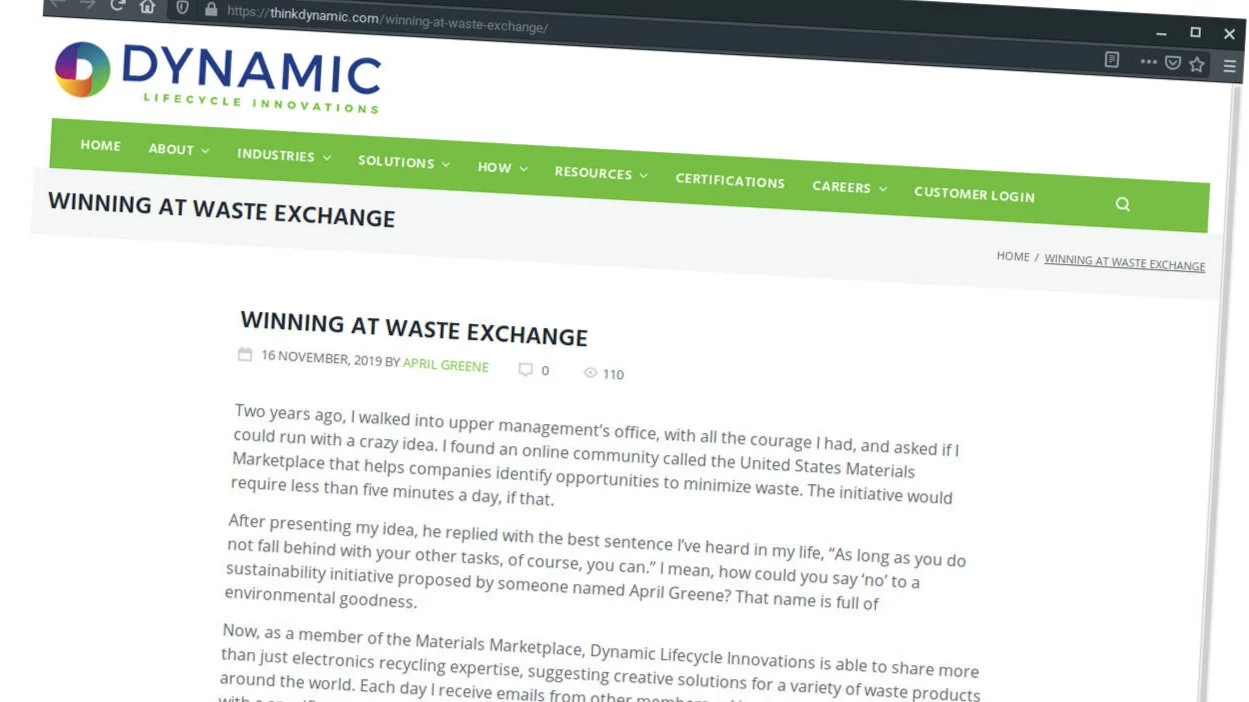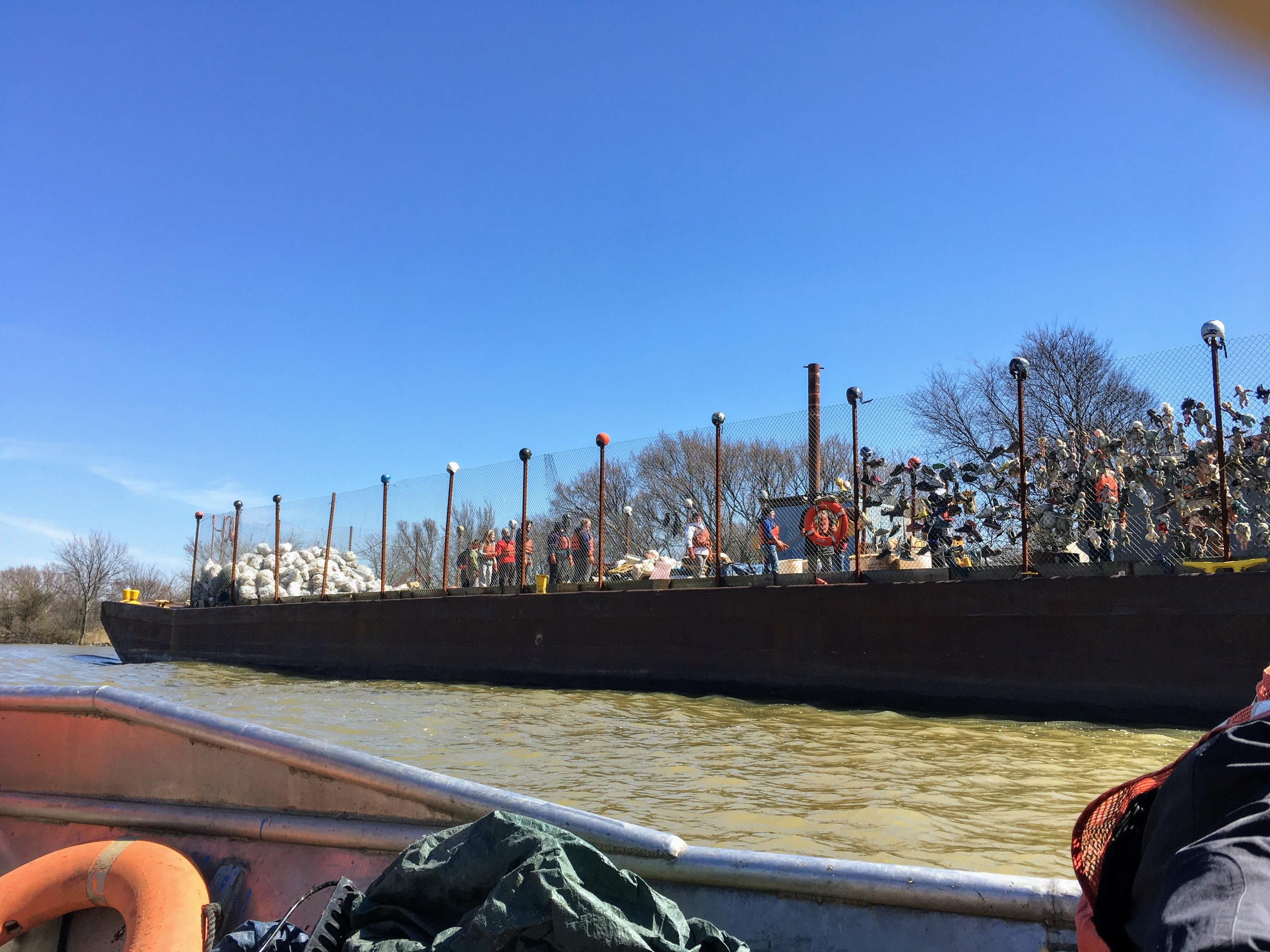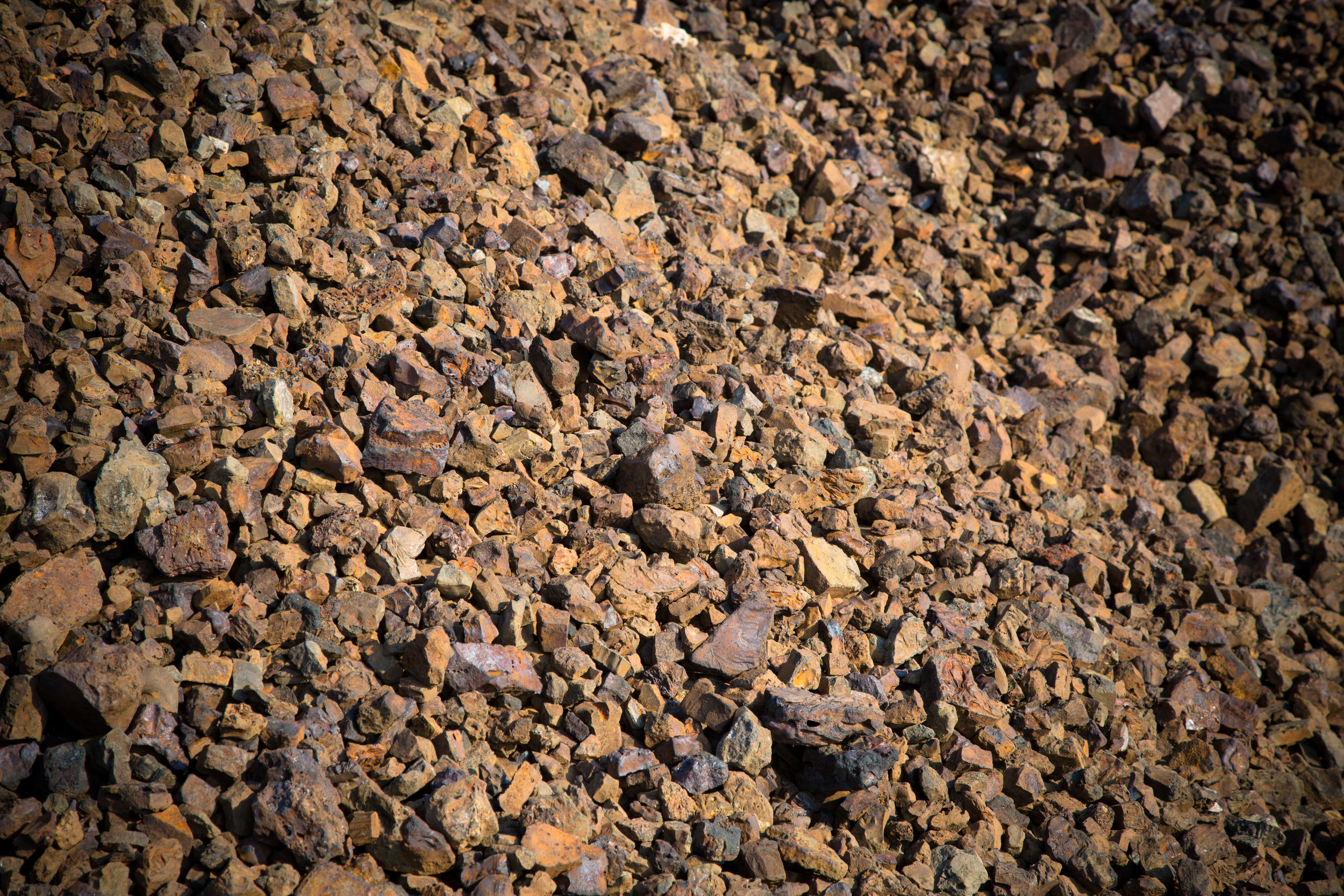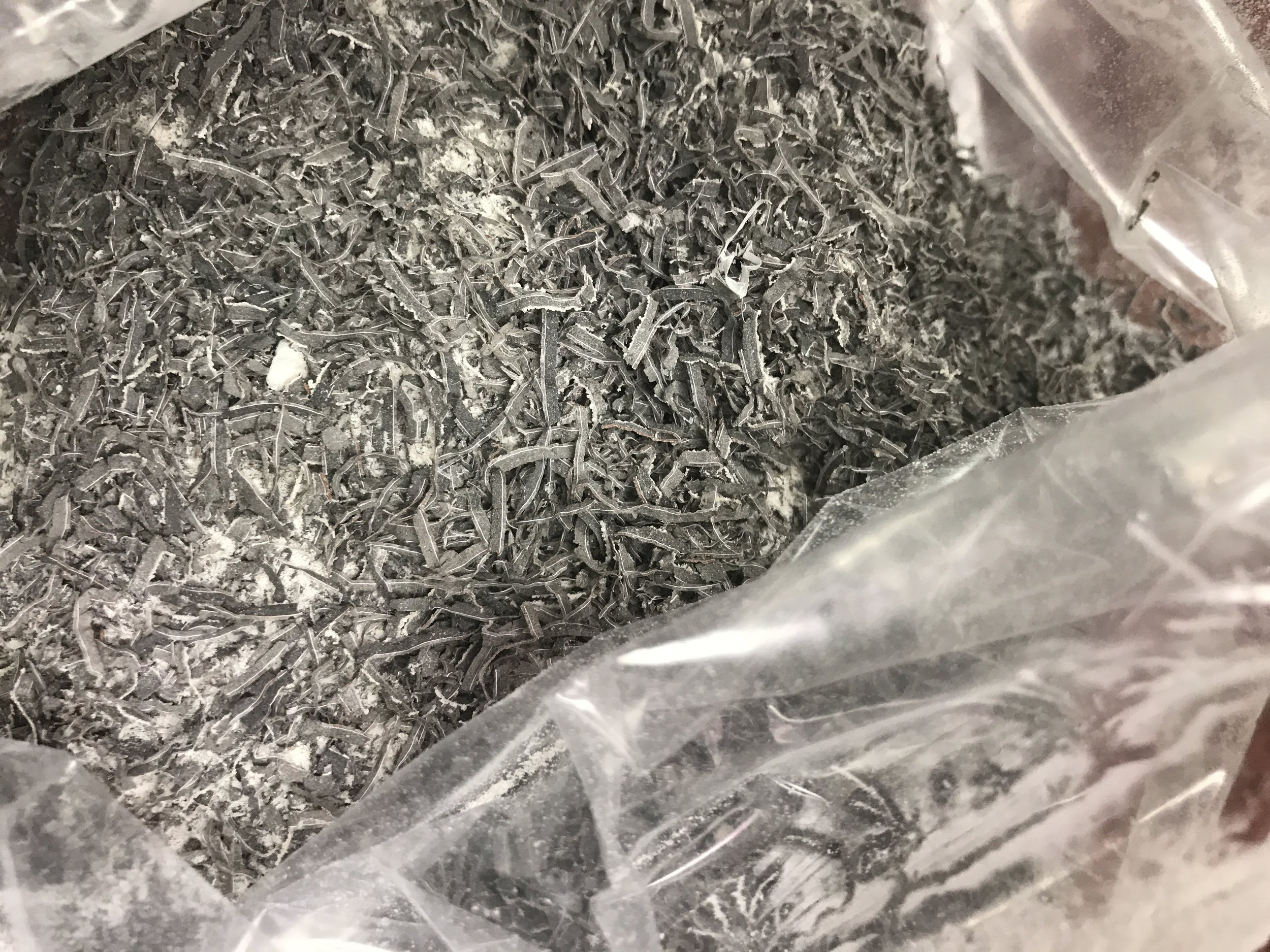UL and the United States Business Council for Sustainable Development have agreed to support the expansion of US BCSD's Materials Marketplace and help companies secure recognition for reuse through third-party certification.
ATLANTA- December 10, 2019 – The US Business Council for Sustainable Development (US BCSD) has entered into an agreement with UL to support the expansion of the Materials Marketplace and help companies secure recognition for reuse through third-party certification.
As part of the agreement, UL and US BCSD will work to extend third-party validation services such as UL’s standards for circularity, recycled content and waste diversion, to members of the Material Marketplace, which will help them demonstrate recognition for their efforts to help create a more circular economy. The organizations will collaborate on market education and outreach efforts to continue to “expand the circle” and drive development and scale of new reuse and recycling market opportunities with business and industry in the US.
“The idea that a company can find value in something that another does not need is one aspect of what makes the circular economy so popular across industries and sectors,” said Catherine Sheehy, global lead of sustainability partnerships for UL’s Environment & Sustainability division. “The US BCSD’s Materials Marketplace facilitates the need to find and create value from materials that would normally be considered waste on an industrial level, and UL can support their clients through auditing and validation services that strengthen and support the growth of that marketplace by creating added value in the transactions to all parties involved.”
“This agreement advances the US BCSD and UL’s shared goals of enabling new opportunities for economic growth that do not depend solely on extracting more raw materials or buying new,” said Andrew Mangan, executive director of the US Business Council for Sustainable Development. He continued, “The marketplace helps scale reuse and generates cost savings, energy savings, and helps create new jobs. This collaboration with UL offers the more than 2,000 participants the chance to amplify the success of these efforts through science-based validation from UL and facilitate access to those are searching for more circular products and services from more sustainable organizations.”
About UL
UL helps create a better world by applying science to solve safety, security and sustainability challenges. We empower trust by enabling the safe adoption of innovative new products and technologies. Everyone at UL shares a passion to make the world a safer place. All of our work, from independent research and standards development, to testing and certification, to providing analytical and digital solutions, helps improve global well-being. Businesses, industries, governments, regulatory authorities and the public put their trust in us so they can make smarter decisions. To learn more, visit UL.com.
About the US Business Council for Sustainable Development
The US BCSD is an action-oriented and member-led nonprofit business association, founded in 1992 to give leading US businesses a platform to mobilize boots on the ground and work together to design, implement and scale sustainability solutions. Business-led platforms, projects and partnerships are helping leading companies scale solutions to ecosystems, cities, circular economy and water challenges. Since 2014, the US BCSD’s Circular Economy platform has led development of the Materials Marketplace - an award-winning regional and national platform that connects businesses to develop and scale new reuse and recycling market opportunities. Manufacturers are using the Marketplace to source materials and find new solutions for challenging wastes and by-products, recycling companies are uncovering new customers and end-markets, and entrepreneurs are using the program as an innovation platform to build new reuse and recycling businesses. Learn more at https://usbcsd.org.
